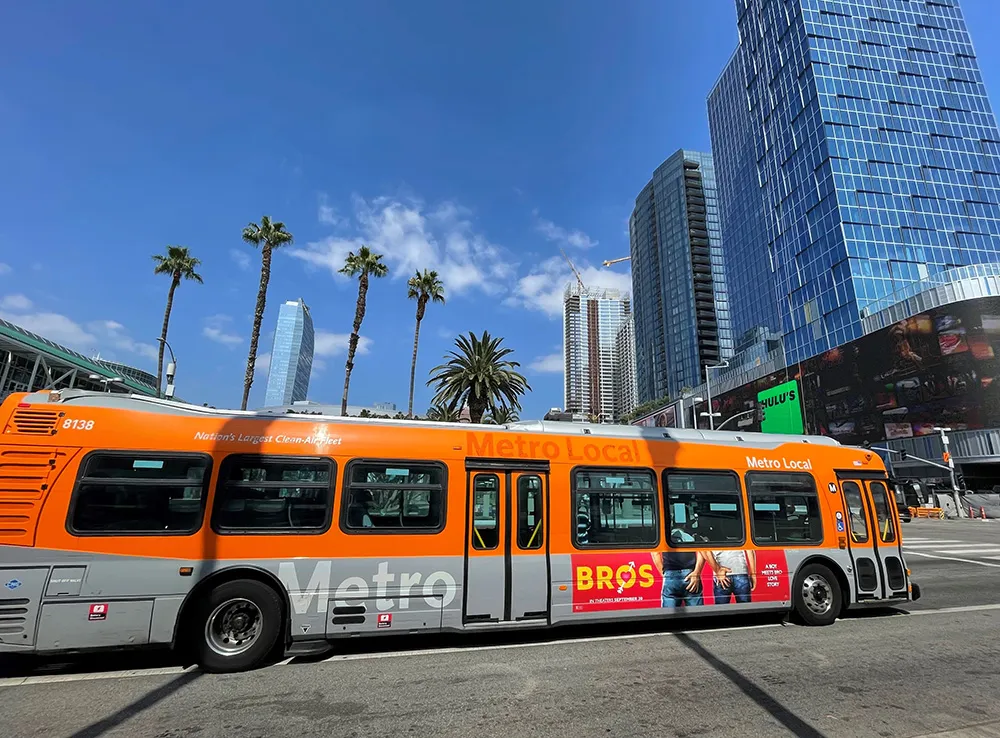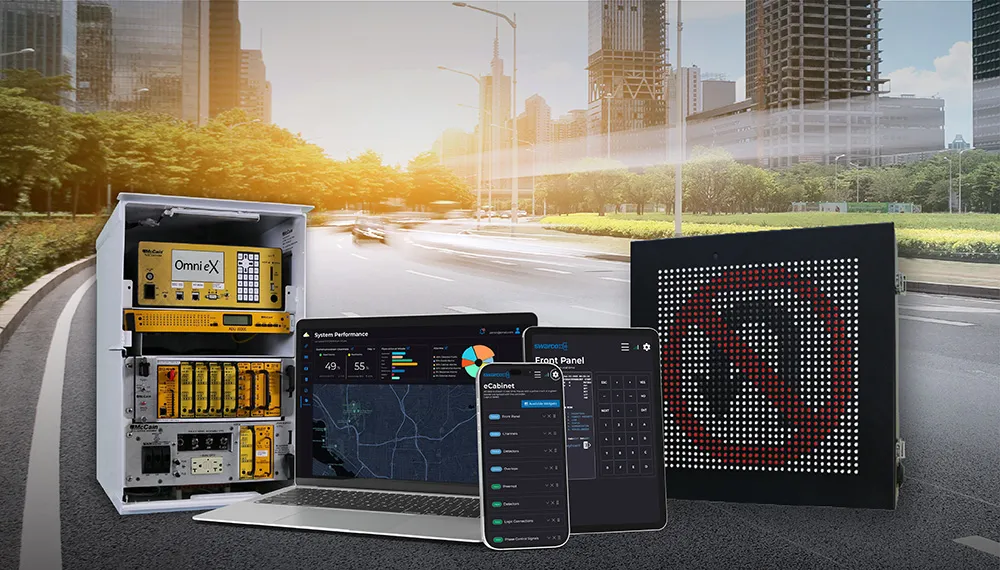
Q-Free has shown off its new processor for use in advanced transportation controllers (ATCs) at IMSA Forum and Expo 2023 in Reno, Nevada.
Velocity is an AI-enabled ARM processor which, Q-Free says, is "designed to shift the industry paradigm away from single-purpose traffic signal controllers to an ecosystem where hardware is the foundation of an edge computing platform".
The company says it has the first traffic signal controller in North America to run exclusively on a modern ARM-based architecture and, thanks to the neural processing unit, the industry’s first AI-enabled signal controller.
“This is a game changer,” said Patrick Marnell, Q-Free’s director of product management.
“Moving to an ARM processor massively increases the computing power available on the controller. The traffic signal controller will no longer be a single-purpose device. It will become the smartphone of the municipal environment providing an edge computing node at every signalised intersection.”
The multi-core processors provide more power compared to the typical PowerPC found in most ATC controllers, Q-Free says, along with expanded storage and memory on the boards, enabling more complex computing and data uses.
The manufacturer also suggests there are also supply issues with legacy PowerPC chips "as the processor industry moves on from older technology".
“Older PowerPC processors are harder and more expensive to get,” Marnell says. “Transitioning to an ARM-based platform brings our industry’s technology in line with more modern standards."
Q-Free will ship NEMA and 2070 ATC controllers with Velocity processors later this year and is accepting pre-orders now.










